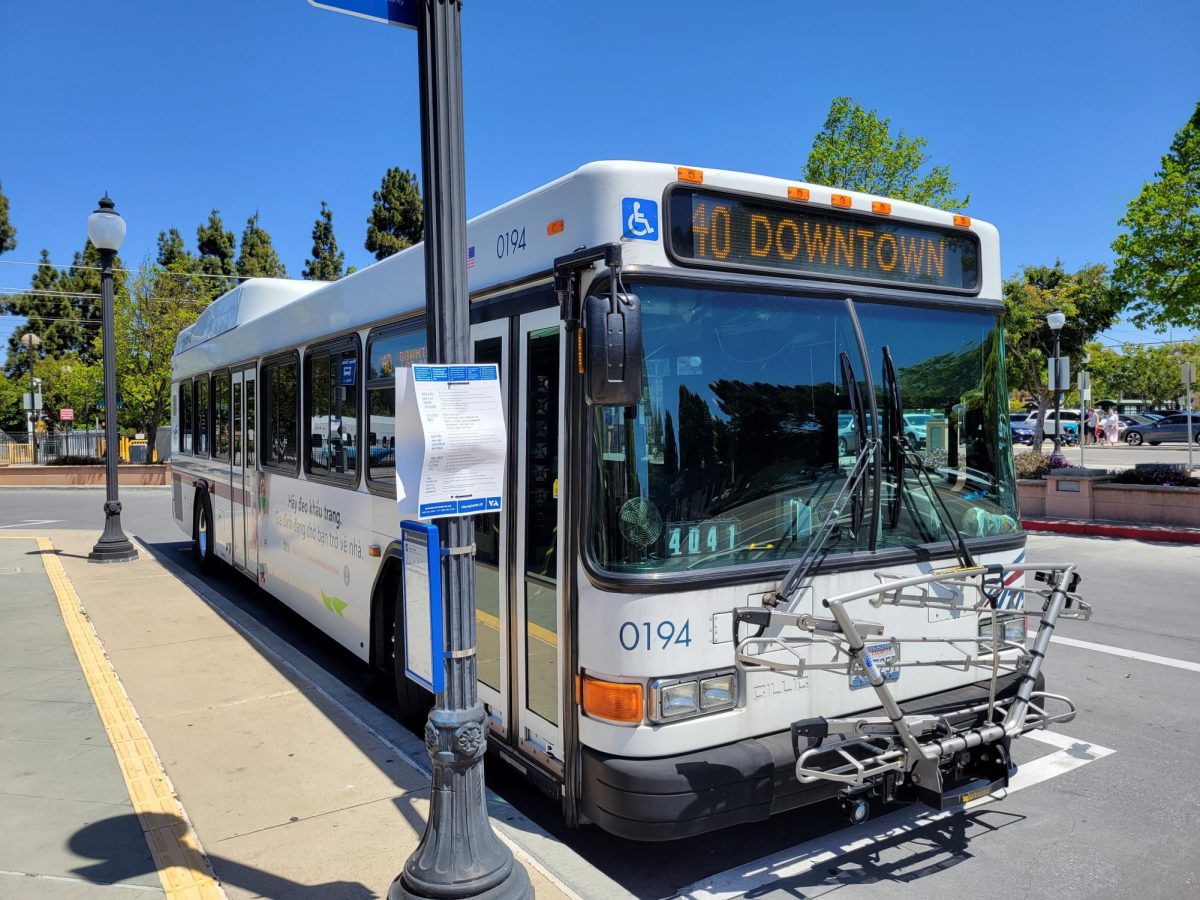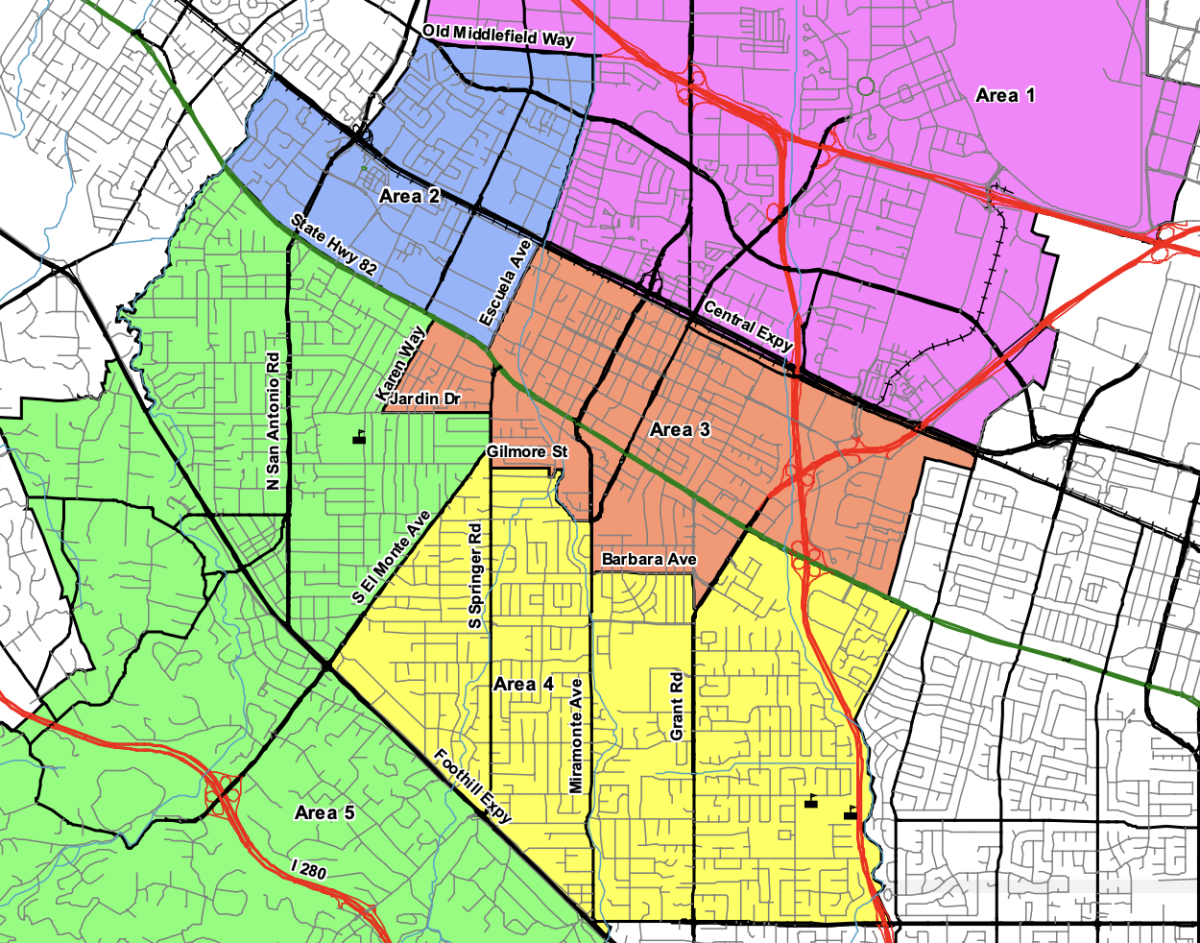On August 12, 2013, Governor Jerry Brown signed California Ed Code AB 1266 into law. This amendment, which adds subsection f to Section 221.5, states that “A pupil shall be permitted to participate in sex-segregated school programs and activities, including athletic teams and competitions, and use facilities consistent with his or her gender identity, irrespective of the gender listed on the pupil’s records.”
Essentially, AB 1266 permits students who identify as a gender different from that listed on their records to use facilities of their identified gender, such as bathrooms and locker rooms. Due to this change, AB 1266 has drawn the attention of supporters and opponents of the law alike.
AB 1266 was first introduced as a bill by Assembly member Democrat Tom Ammiano on February 2, 2013, and was first read on February 5. The bill then began its six-month-long journey through both the Assembly and Senate. It was read three times and passed by the Assembly’s Committee on Education on May 5, 2013, with a vote of 46-25, with eight abstentions. The bill was then given to the Senate, which read the bill three times and passed the bill with a vote of 21-9, with eight abstentions. Finally, the bill reached the governor and was signed on August 12, 2013. It is set to take effect at the beginning of next year on January 1, 2014.
AB 1266 has been passed with widespread support for the increased rights of transgender students that the law provides. Many equal rights and gender equality groups back the law, such as the Transgender Law Center, the Gay-Straight Alliance Network and the Gender Spectrum. Alongside many statewide parent and teacher organizations, these groups form the backbone of AB 1266’s support, carrying it past the Assembly, Senate and Governor Jerry Brown to become a new law.
The organizations which backed the law believe that the law is a definite step in the right direction for transgender students and that this will significantly change their everyday lives.
“By recognizing the rights of transgender students, this important measure also symbolizes that all students, regardless of their gender identity or expression, have the right to a safe environment in which to learn,” Gender Spectrum’s website said.
The school has already made preparations for implementing the law in January, when it comes into effect.
Students who would like to change the gender on their school records should plan a meeting with the administration where their parents are present. According to superintendent Barry Groves, “if there is a LAHS student who would like to change their gender identity, that student would meet with their parents with site administration to begin that process.”
Along with district employees, many of the faculty at LAHS support the law and its freedoms for gender questioning students as well.
“It’s so important to come out as a transgender student or a gender-questioning student,” Librarian Gordon Jack said. “They’re taking a big step, you know. It’s a courageous act and I feel like schools should support that and not put additional barriers up for them.”
Though the bill is meant to offer a remedy to the problem of transgender students feeling out of place in school, some individuals see the new law as a threat to the privacy of the majority of children who identify as the gender on their records. One of the leading groups in opposition of AB 1266 is an organization named Privacy for All Students.
According to Privacy for All Student’s website, “It’s an invasion of student privacy to open sensitive school facilities…to students of the opposite sex. Further, the legislation is poorly drafted and flawed, a one-size-fits-all approach that contains no standards, guidelines or rules.”
Privacy for All Students is focusing on halting the implementation of the law through a referendum, which will suspend the legislation in dispute and allow voters to determine whether to approve or reject it. Privacy for All Students must obtain a petition with approximately 505,000 signatures by November 12, 2013 in order to enact the referendum.
Privacy for All Students is not alone in its endeavors, however. The California Republican Party voted to officially support the referendum at a convention held in Anaheim earlier this year.
“I’m sure [the opposition’s] actions are just from well-meaning people… but I wonder how many of those people understand what it’s like to be a transgender student,” Jack said. “It’s a just and fair law, but it needs to be implemented and communicated well within a school community.”
Story continues below advertisement








